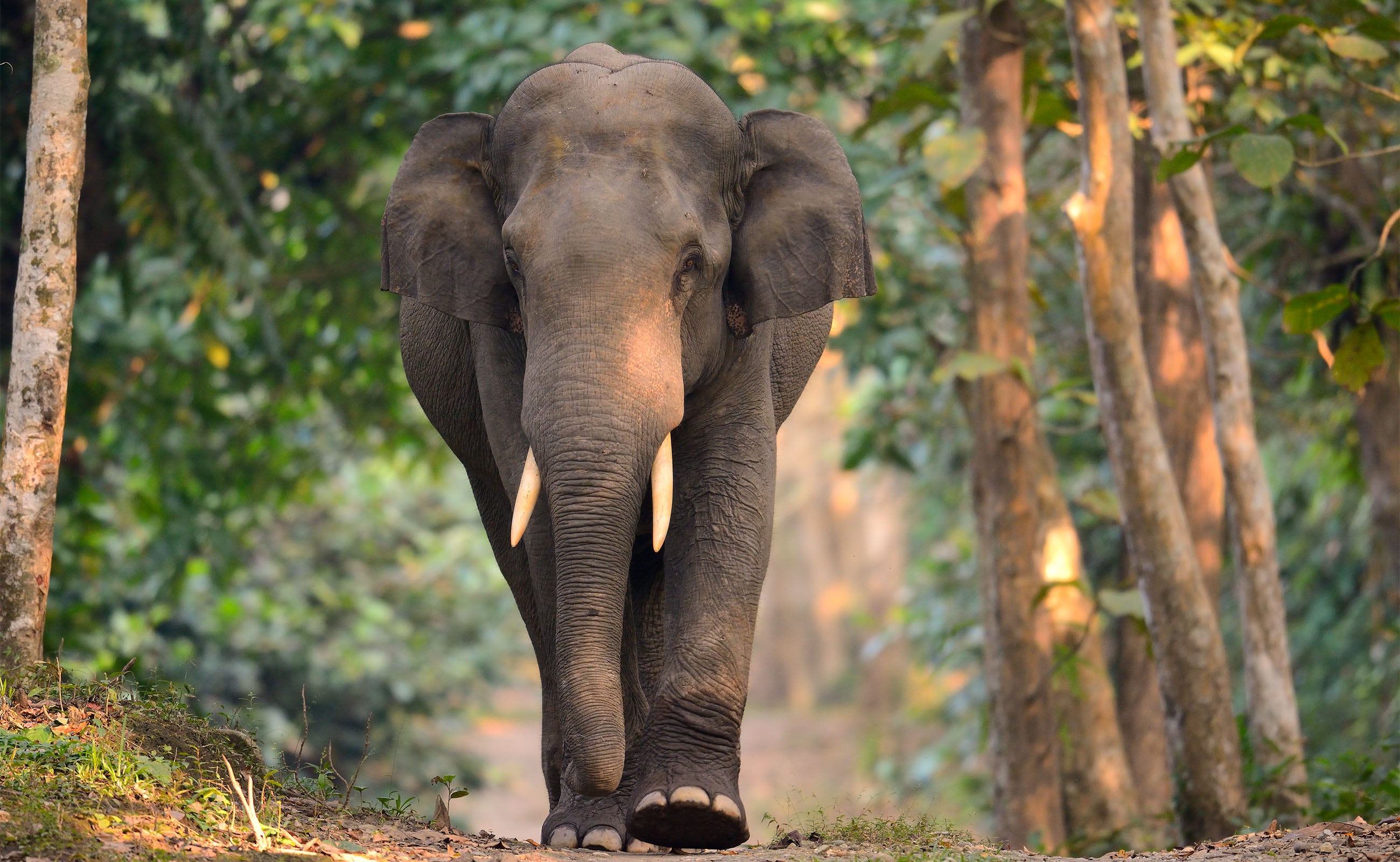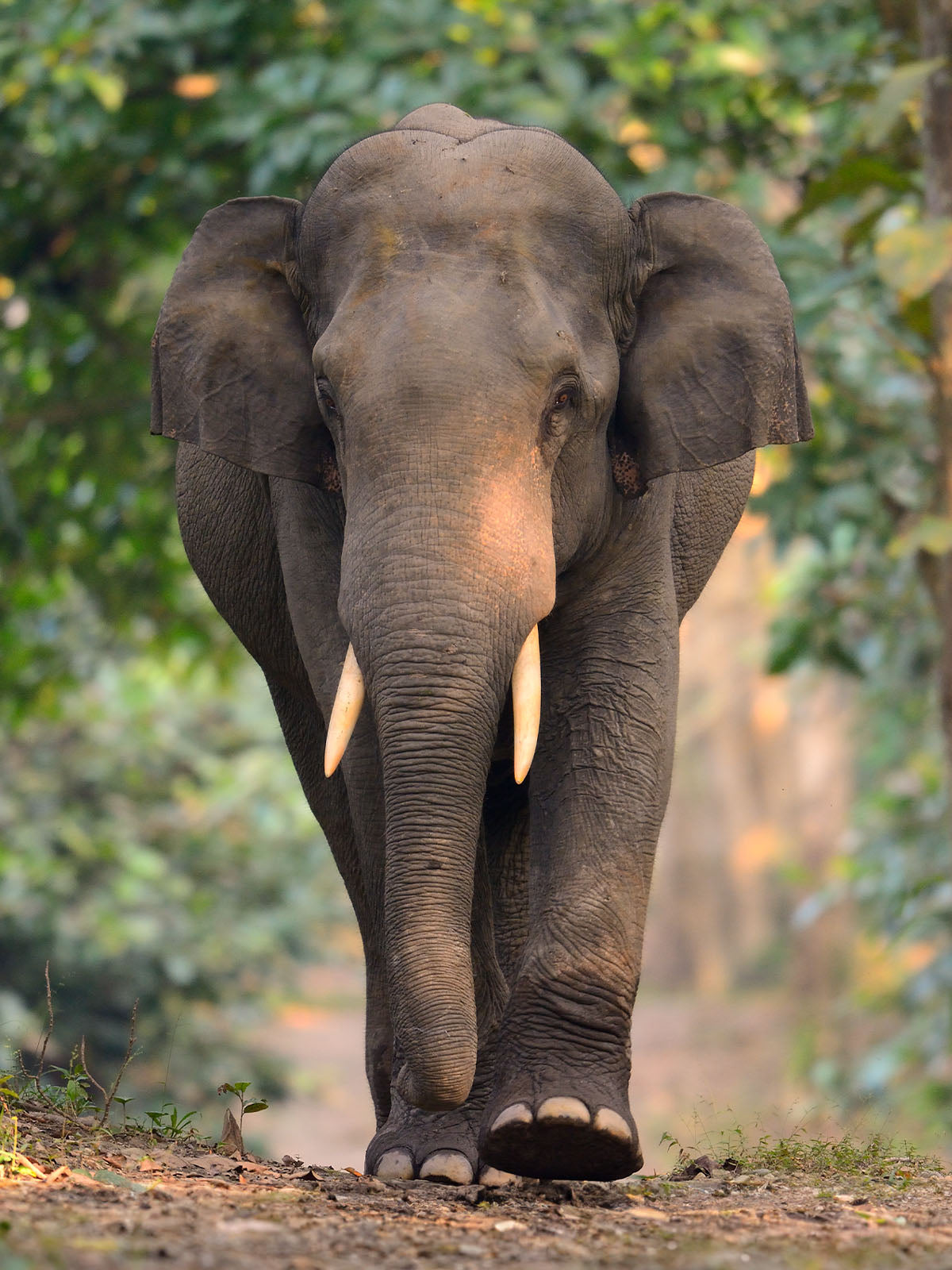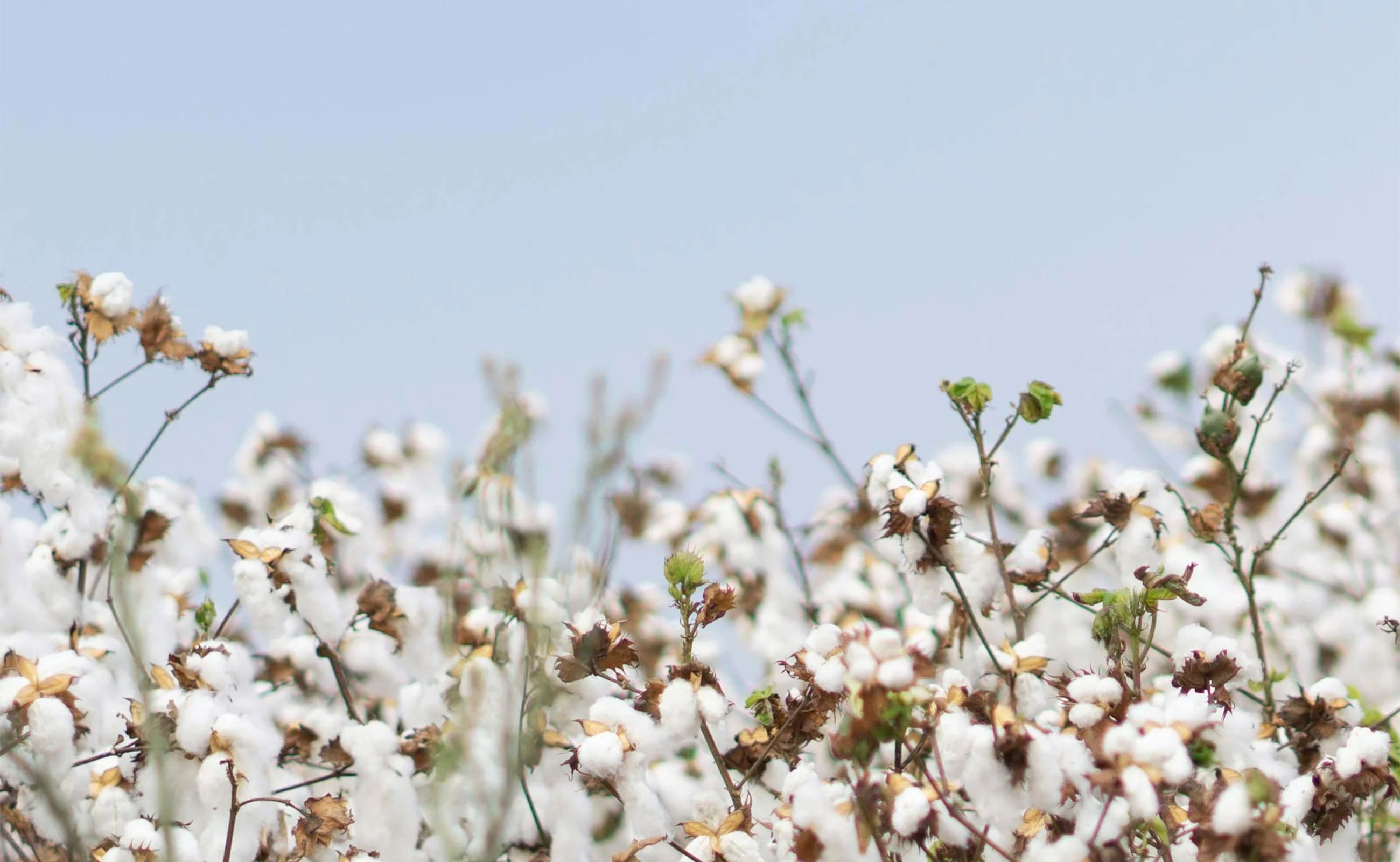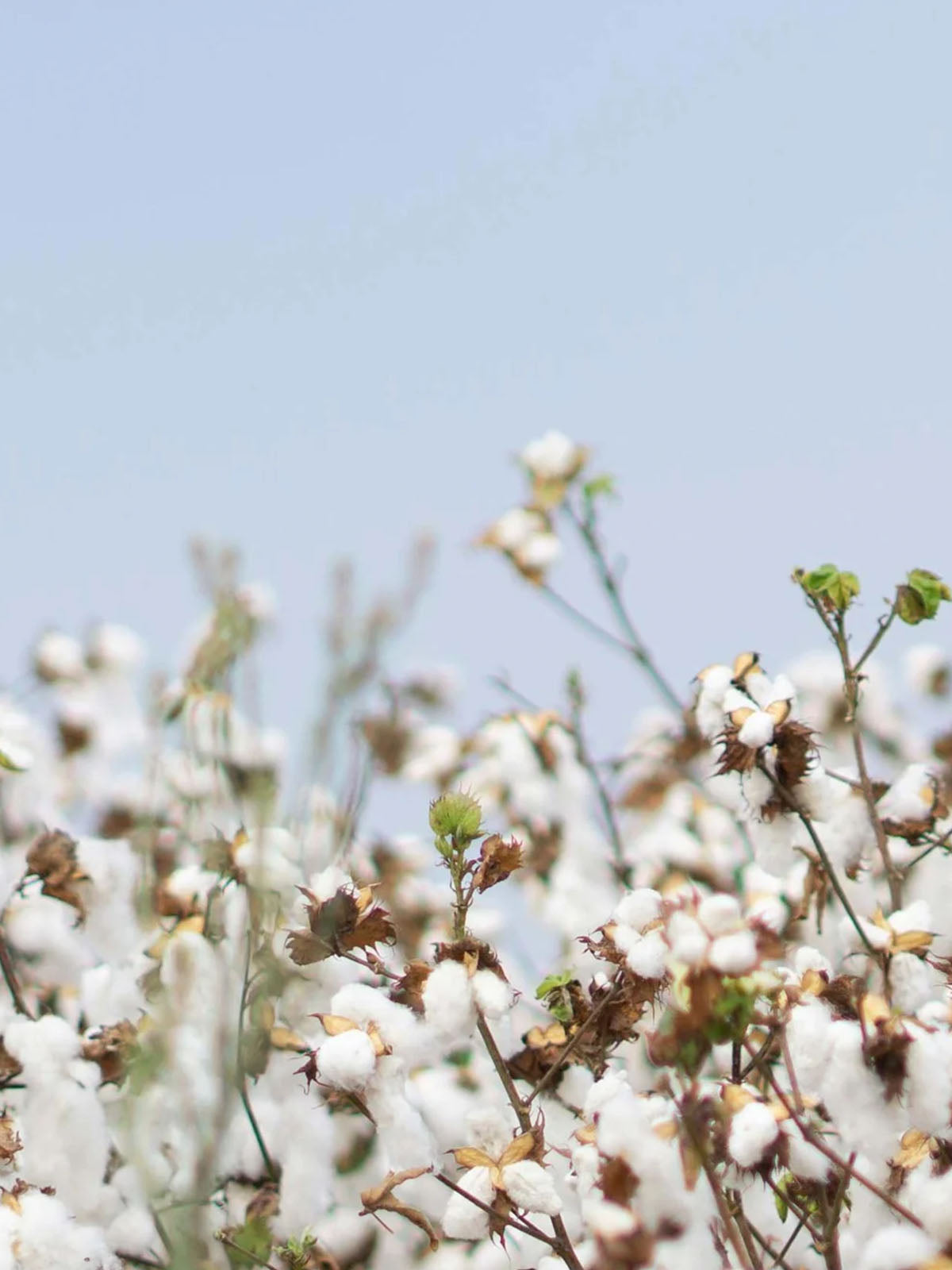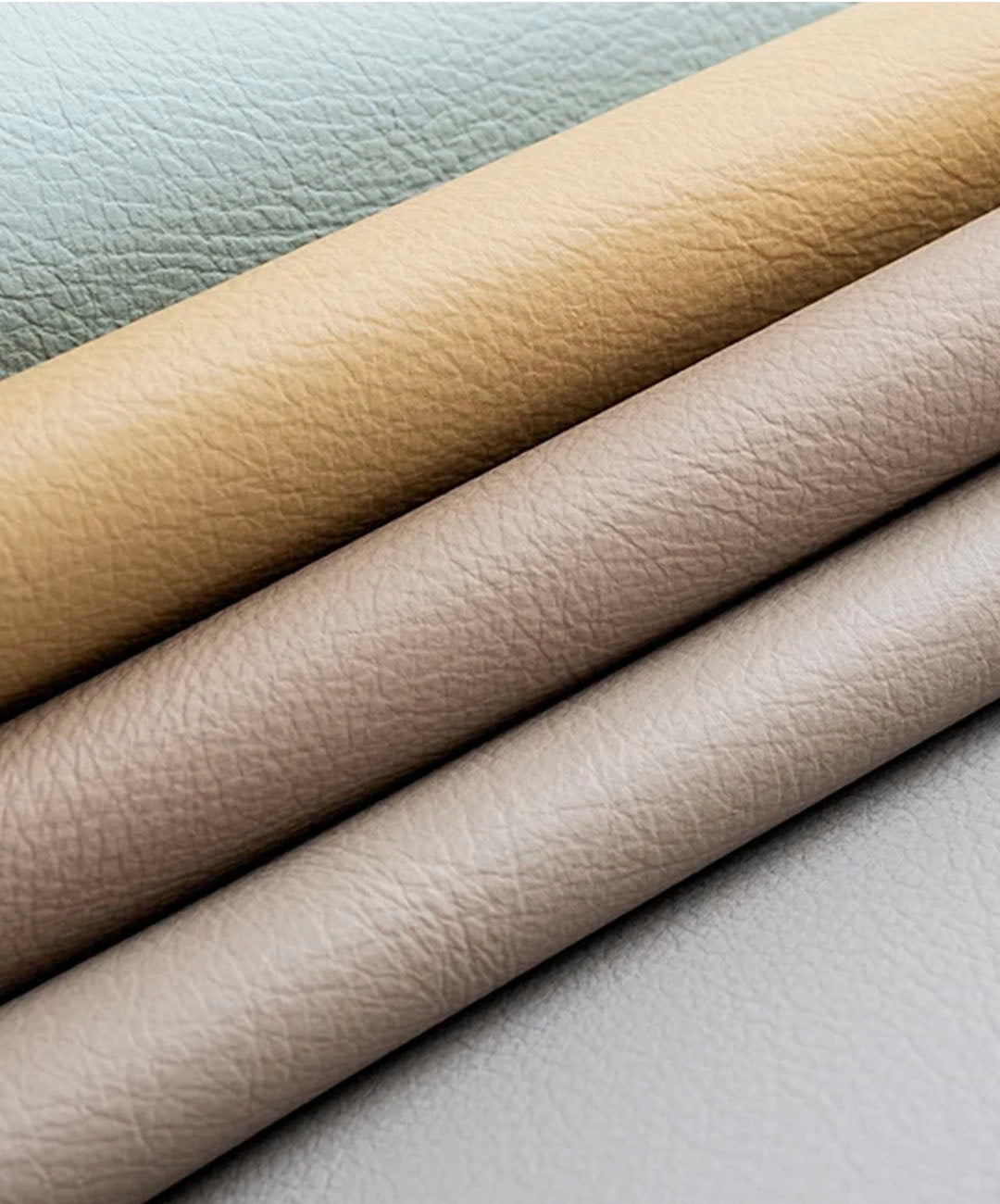Key Properties of Leather Alternatives
Cruelty-Free: One of the most significant advantages of leather alternatives is that they are animal-friendly. Traditional leather production involves the use of animal hides, which can raise ethical concerns for many consumers. Leather alternatives provide a guilt-free option for those who want to enjoy the luxurious look of leather without harming animals.
Sustainability: Leather alternatives are often more sustainable than genuine leather. The production of traditional leather involves raising and slaughtering animals, which can be resource-intensive and contribute to greenhouse gas emissions. In contrast, many leather alternatives are made from recycled materials, reducing the need for new resources.
Durability: Leather alternatives can be highly durable and long-lasting. When well-cared for, they can withstand wear and tear, making them a practical choice for items like peak cap straps.
Water Resistance: Some leather alternatives are naturally water-resistant or can be treated to improve their water-repellent properties. This can be particularly beneficial for items like peak caps, which may be worn outdoors in various weather conditions.
Low Maintenance: Leather alternatives often require less maintenance than genuine leather. They are less susceptible to staining and can be easily wiped clean with a damp cloth, making them a practical choice for everyday use.


